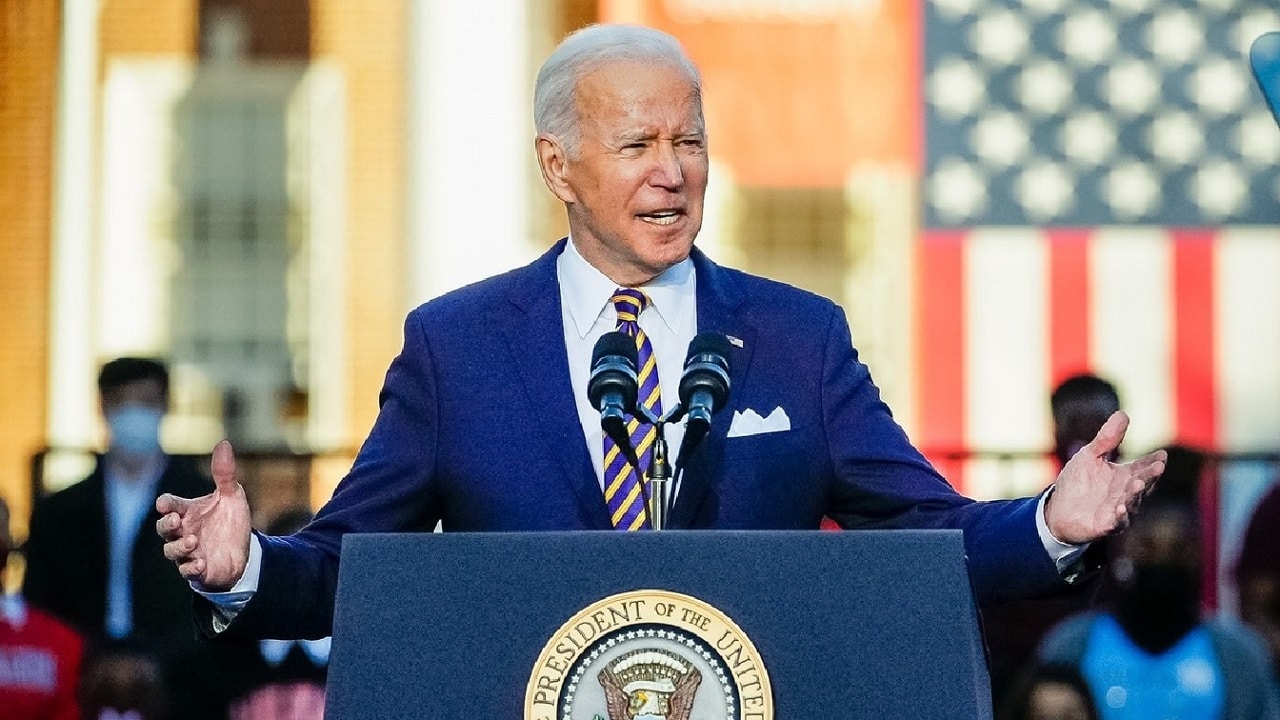House Speaker Kevin McCarthy, political juggler that he is, isn’t (or shouldn’t) really be primarily concerned with how the impeachment inquiry against President Joe Biden is faring. Instead, he should be more concerned about the prospect of America experiencing yet another government shutdown – not only because of impasses between Republicans and Democrats, but because of infighting within the GOP itself.
Members of the Republican Party in the House have clashed over proposals regarding provisions within a stopgap spending bill that would allow the government to be funded after September 30, which is the deadline for any spending bill to pass.
Fighting amongst themselves
Some GOP members in the House, like Republican Florida Representative Byron Donalds, who is among those who have a lead role in negotiating the provisions of the stopgap spending bill, have said that there are “multiple games afoot in this town,” referring to the wheeling and dealing in Congress. He also expressed frustration against largely more moderate GOP members in the House who are straight out willing to work with Democrats on other or their own stopgap spending bills, saying that the lack of a united front among Republicans removes any negotiating leverage they have over their liberal colleagues.
“A lot of my colleagues, Freedom Caucus members, etc., need to be very concerned about the fact that we do have some Republican members who are willing to sign on to a clean [continuing resolution] with the Democrats, and basically eliminates out leverage to do anything,” he said.
Many hardline conservatives are calling for a massive cut in government spending, despite the GOP only having the majority in the House – ultra-conservative budgeting measures are highly unlikely to pass in the Senate, much less gain any traction in the White House, as Democrats hold sway in both. Also held hostage by infighting is a defense bill aimed to bolster the U.S.’ defense against threats from countries like China, as well as additional aid to the besieged country of Ukraine.
Many conservatives in the house are also souring on McCarthy, who has the unenviable task of trying to please everyone lest he lose his position as Speaker of the House.
“It is a shame that our weak Speaker cannot even commit to having a commission to discuss our looming financial catastrophe,” said Republican Indiana Representative Victoria Spartz.
The dissent among the ranks over the budget has spread even to regular members. Donalds himself is at odds not only with a fellow Republican, but fellow Floridian Representative Matt Gaetz, who called the former’s stopgap bill “terrible”. The two have since exchanged strong statements slamming each other’s side on the matter.
What happens if the government is shut down?
The last government shutdown occurred during the term of then president Donald Trump, which began in December 2018 and lasted for 35 days until January of the following year.
House members at the moment are trying to pass a bill that will extend funding to the government, with the final budget to be deliberated on in the future, ideally before the deadline set in the stopgap bill – if there will ever be one.
If the government fails to secure funding after September 30, only essential federal workers will continue to work, and employees for agencies like the U.S. Postal Service, Medicare and Social Security will stop going to work. Even congressional staff will either work without pay or stop working until they can receive their paychecks again. A shutdown could potentially affect the lives of tens of thousands of federal workers, and put a serious crimp on how many government services can be delivered to the public. Federal employees can be furloughed, national parks could see closure, and other benefits provided by and through federal government funding would be paused.
Tim Ramos has written for various publications, corporations, and organizations – covering everything from finance, politics, travel, entertainment, and sports – in Asia and the U.S. for more than 10 years.

